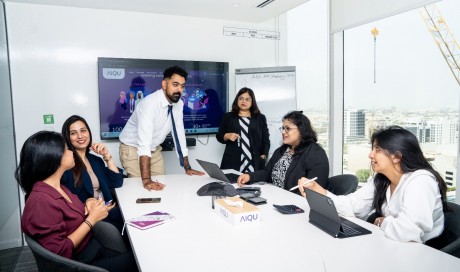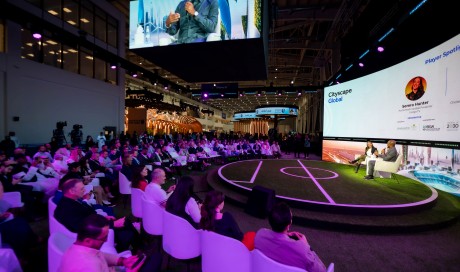Mohammad bin Salman has offered rhetorical support for women’s rights reforms, especially during his whirlwind public relations tour in the United States and Europe promoting business opportunities and promising “a return to moderate Islam.” During his interview with 60 Minutes on March 19, he said: “Saudi women still have not received their full rights. There are rights stipulated in Islam that they still don’t have. We have come a very long way and have a short way to go.”
Such reforms have so far been limited. In addition to planning to lift the driving ban, the authorities have allowed women to hold jobs previously closed to them, such as air traffic control, border control, and traffic police. However, the male guardianship system, the most serious impediment to women’s rights, remains largely intact.
Moreover, Mohammad bin Salman has overseen a widespread crackdown on prominent activists, lawyers, and human rights defenders, which has intensified since he began consolidating control over the country’s security institutions.
In mid-September 2017, Saudi authorities arrested dozens of people, including prominent clerics and intellectuals, in what appeared to be a coordinated crackdown on dissent. Other Saudi activists and dissidents are serving long prison terms based solely on their peaceful activism, including Waleed Abu al-Khair, Abdulaziz al-Shubaily, Mohammed al-Qahtani, Abdullah al-Hamid, Fadhil al-Manasif, Sulaiman al-Rashoodi, Abdulkareem al-Khodr, Fowzan al-Harbi, Raif Badawi, Saleh al-Ashwan, Abdulrahman al-Hamid, Zuhair Kutbi, Alaa Brinji, and Nadhir al-Majed.
“Every government that believed that the Saudi crown prince is a reformer and a champion for women should demand the immediate and unconditional release of all human rights activists,” Whitson said. “It’s not real reform if it takes place in a dystopia where rights activists are imprisoned, and freedom of expression exists just for those who publicly malign them.”
Share This Post














